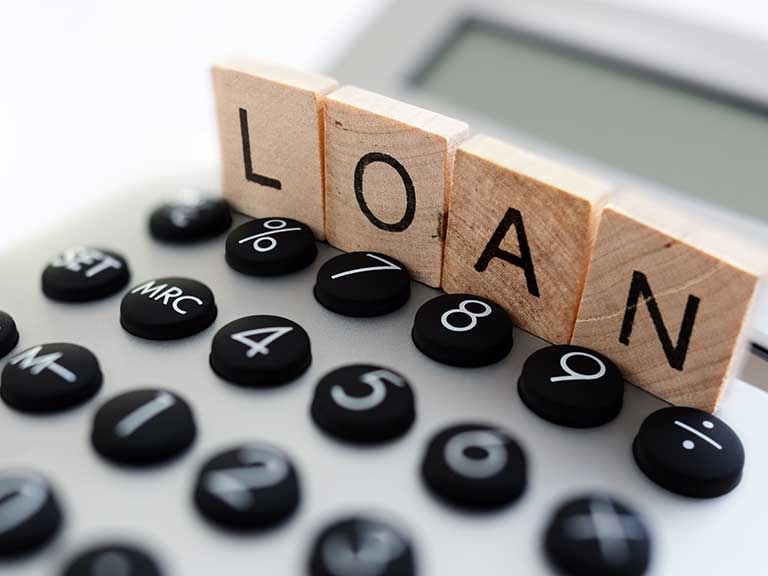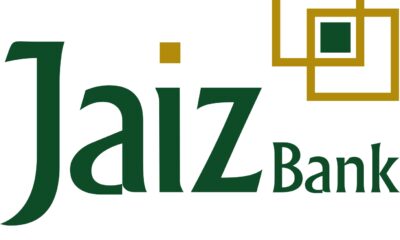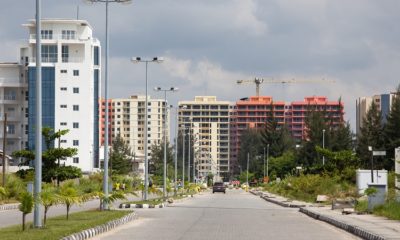The Central Bank of Nigeria (CBN) has disclosed that credit to private sector went up by N498.6billion in August to N33.26trillion from N32.8trillion reported in July 2021.
The N33.36trillion figure announced by the CBN is a new record that was fuelled by banks, among others increased lending to real sector.
CBN in its Money and Credit Statistics for the period revealed that credit to private sector in January was N30.65trillion and dropped by 0.47 per cent to N30.5 trillion in February.
However, in March, it closed at N31.44trillion and crossed the N32.1trillion mark in April to N32.12 trillion.
In addition, the CBN reported N32.63trillion and N33.36trillion credit to private sector May and June respectively.
Analysts believe banks lending to real sector played a critical role in the recent increase in Nigeria’s Gross Domestic Product (GDP).
An economist and Chief Executive Officer, BIC Consultancy Services, Dr Boniface Chizea said he is optimistic that banks credit to real sector, amid severe challenges are yielding positive results. According to him, “The volume of credit which seems humongous will deliver expected dividends despite perceived inhospitable investment environment. We should therefore remain confident and hopeful that desired impact must be felt if not immediately then in due course.
“We must also accept the fact that we would be challenged if we want to isolate the direct impact of the credit on the economy. So, we must remain assured that the credit is not money down the drain.”
On his part, Economist & Private Sector Advocate, Dr Muda Yusuf said the growth in credit to private sector is laudable.
He noted that the impact would depend on the sectoral spread, quality of credit, tenure of the funds and interest rate.
Yusuf said: “My guess is that a significant percentage of this have been given to large corporates, multinationals and high end medium enterprises. The CBN has done a lot in lending to agriculture, but the quality of the lending is an issue. Reports indicate high default rates in agricultural credit, especially the anchor borrowers’ scheme.
“Monetary intervention is imperative for real sector development. But it is not sufficient to guarantee the desired outcomes of growth and productivity. The context in which businesses are operating is as important as the funding, if not even more important. The totality of the investment environment must be right for sustainable real sector development to be achieved.”
He added, “Therefore, to complement the credit to the private sector, the other factors that should reckoned with include infrastructure quality, especially power, roads and railways. There are also issues around the quality of the regulatory environment, the foreign exchange policy regime, the ports situation, volatility of the naira exchange rate, the tax environment and the security situation.
“These are not things monetary intervention can solve. It takes an impactful fiscal policy intervention to fix these problems. Some of the issues border on economic reforms that need to happen. Engagements between the private sector stakeholders and policymakers is critical to achieving sustainable development of the economy.”
The Governor, CBN, Mr. Godwin Emefiele had in his communiqué at the end of August Monetary Policy Committee (MPC) meeting said the committee noted the improvement in lending to the real sector following the introduction of the Loans-to-Deposit Ratio (LDR) in 2019.
According to him, “Industry gross credit increased by N6.63 trillion from N15.57 trillion at end-May, 2019 to N22.20 trillion at end-July, 2021. The credit growth was largely recorded in manufacturing, oil and gas and agriculture sectors.”
He expressed further that the MPC members noted the unequivocal importance of credit growth to the sustained recovery of output and the moderation in price development as supply improves.
“It thus, called on the Bank to maintain adequate surveillance on banks to ensure compliance with its extant credit policy, while ensuring that they are not unduly exposed to credit risks.
“The Committee also noted the relevance of the Bank’s suite of interventions to the overall system credit, urging its continued use to fund sectors with high employment-generating capacity,” he said.

 Billionaire Watch3 weeks ago
Billionaire Watch3 weeks ago
 Startups4 weeks ago
Startups4 weeks ago
 News4 weeks ago
News4 weeks ago
 News4 weeks ago
News4 weeks ago
 Bitcoin4 weeks ago
Bitcoin4 weeks ago
 Naira4 weeks ago
Naira4 weeks ago
 Forex3 weeks ago
Forex3 weeks ago
 Treasury Bills4 weeks ago
Treasury Bills4 weeks ago

























